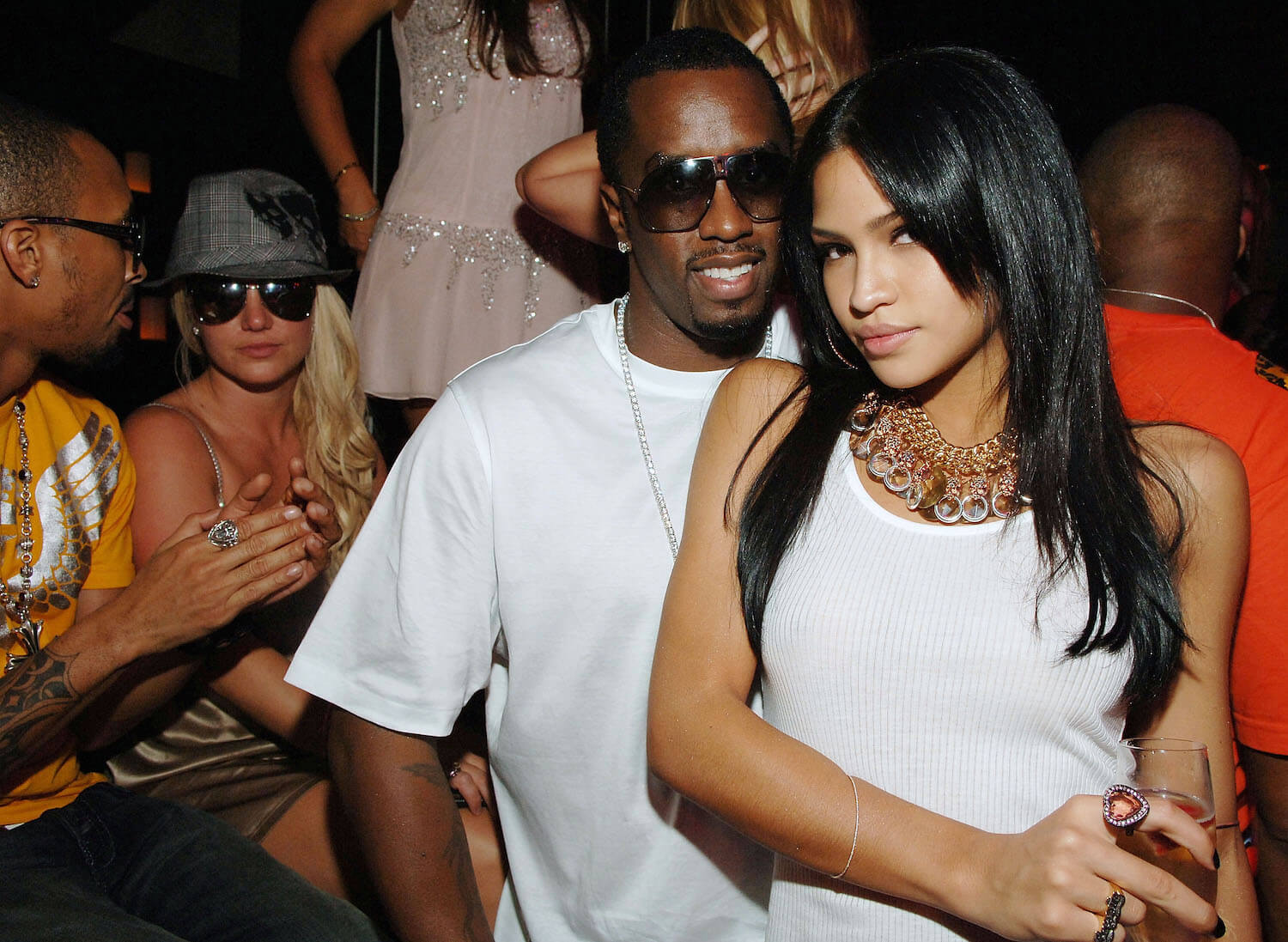*Trigger Warning: This blog post discusses instances of domestic violence, abuse, and trauma.
The recent allegations of abuse against Sean "Diddy" Combs by his former partner Cassie Ventura have shed light on the persistent issue of domestic violence and abuse faced by black women in the entertainment industry. Cassie's disturbing claims of physical, emotional and sexual abuse over their decade-long relationship reveal the vulnerability and isolation many women feel, especially when the abuser wields significant power and influence.

What makes Cassie's situation even more heartbreaking is that a video emerged showing her being abused, underscoring society's troubling tendency to demand proof before believing a woman's story of abuse. The fact that such graphic evidence was required for her claims to be taken seriously indicts how allegations by women are often handled with skepticism. This mirrors the experience of Megan Thee Stallion, who faced widespread doubt and victim-blaming when she reported being shot by fellow rapper Tory Lanez in 2020, despite her injuries. The disbelief faced by black women like Cassie and Megan exemplifies a broader cultural tendency to dismiss their experiences, perpetuating silence and discouraging others from coming forward.

This culture of disbelief is compounded by misogynoir - the specific racist and sexist bias faced by black women. In Hollywood, misogynoir manifests in black women being perceived as less credible and afforded less empathy than their white counterparts when reporting abuse. This toxic combination of racism and sexism silences black women and exacerbates their trauma.
Even when mustering courage to speak out, abusers often evade real accountability due to their powerful status and influence in the industry. Insincere, superficial apologies are frequently deemed sufficient, allowing careers to continue undisturbed. In contrast, meaningful consequences like jail time remain rare for high-profile perpetrators.
Research shows false allegations are exceedingly uncommon - the vast majority telling the truth deserve to be believed and supported, not met with hostility. High-profile cases can catalyze change by bringing attention to domestic abuse, but real progress requires collective resolve to create an environment where all survivors feel safe coming forward and abusers face consequences regardless of status.
The pain captured in Cassie and Megan's ordeals underscores the vital need to listen and believe women reporting abuse. A woman's credible testimony alone should prompt empathy and action, not demands for proof that risk retraumatization. Only by truly hearing survivors' voices can we dismantle the systemic factors allowing abuse to persist, fostering overdue justice and equity. Tn environment where all victims feel safe and supported in coming forward. This involves not only believing survivors but also holding abusers accountable, regardless of their status or influence.